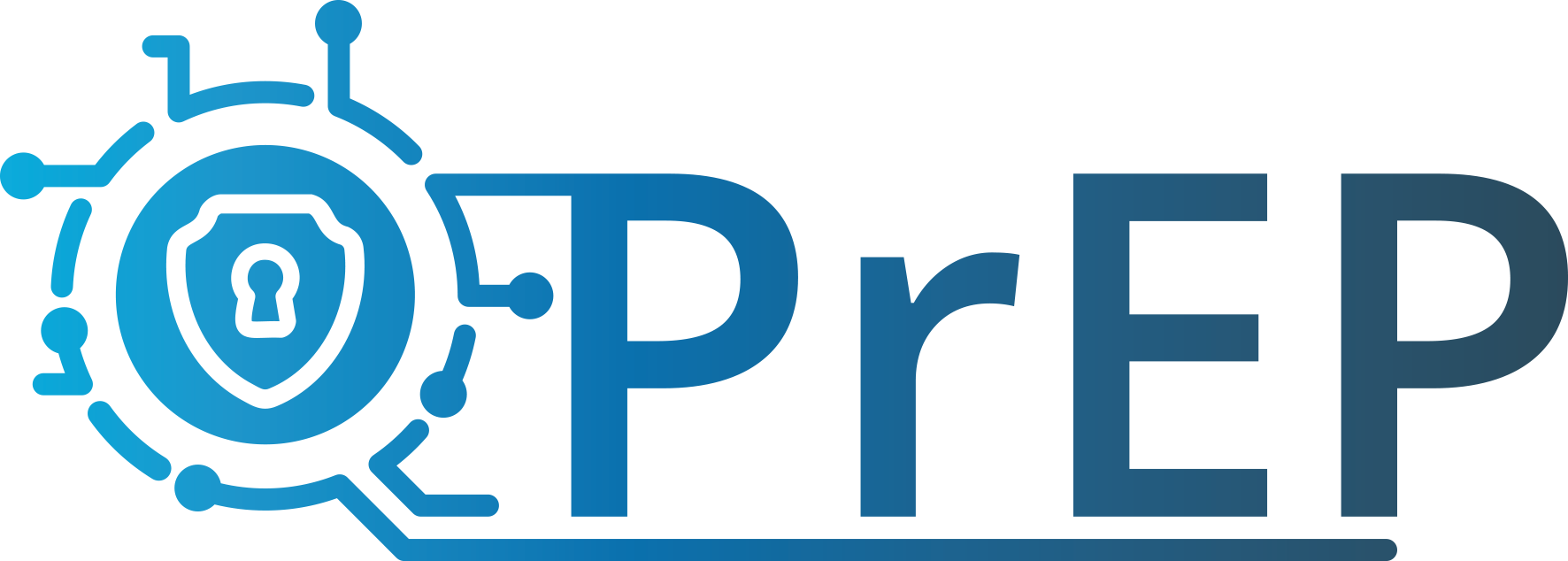Quantum Computing
An Introduction
How Do Quantum Computers Differ from Binary Computers?
Quantum computers leverage the principles of quantum mechanics to solve specific mathematical problems. While classical computers rely on binary logic and process data as bits with states of 0 or 1, quantum computers use quantum bits, or qubits.
Qubits can represent not only 0 or 1 but, thanks to the principle of superposition, also both states simultaneously (with varying probabilities). Furthermore, qubits can be linked through entanglement, meaning the state of one qubit directly depends on another. This allows quantum computers to solve problems in fundamentally different ways and tackle tasks that are impractical or impossible for classical computers.
How Do Quantum Computers Work?
The functionality of quantum computers is based on three central concepts of quantum mechanics:
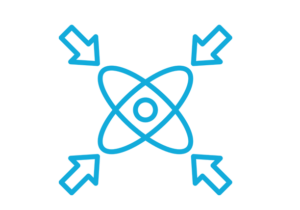
Superpostion
A qubit can exist in multiple states simultaneously. This means it can represent not just 0 or 1 but also 0 and 1 at the same time. This property enables quantum computers to perform many calculations in parallel.
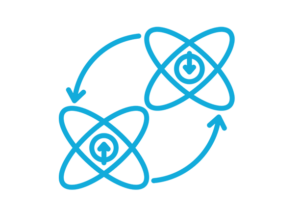
Entanglement
Two or more qubits can become entangled, meaning the state of one qubit is directly connected to the state of another, even if they are spatially separated. This allows for highly coordinated and efficient information processing.
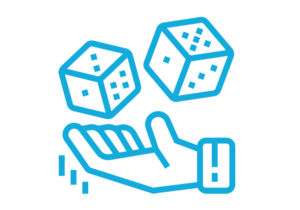
Probabilistic Calculations
Quantum computers operate probabilistically. They evaluate all possible solutions simultaneously and provide the most likely outcome.
For example, two qubits that are entangled and in superposition can represent four possible states simultaneously: [0,0], [0,1], [1,0], [1,1]. With 10 qubits, 1,024 states can be represented simultaneously, and with 100 qubits, over a quintillion (1018). Thus, computational capacity increases exponentially with the number of qubits.
What Are the Advantages of Quantum Computers?
The unique properties of quantum computers offer several advantages:
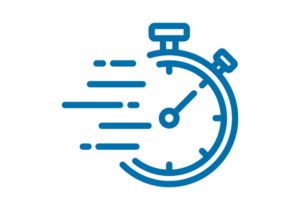
Faster Calculations
Quantum computers can solve complex mathematical problems, such as factoring large numbers, optimization, or molecular simulations, significantly faster than classical computers.
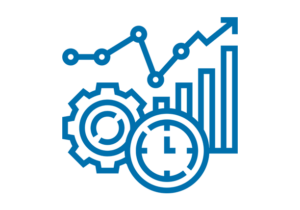
Efficient Data Analysis
By processing data in parallel, quantum computers can recognize patterns more quickly, which is particularly useful in artificial intelligence and machine learning.
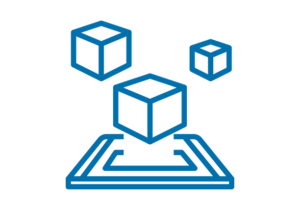
Improves Simulations
Quantum mechanical processes can be simulated more naturally on quantum computers, leading to revolutionary advancements in fields like chemistry, material science, and drug development.
What Threats Do Quantum Computers Pose to Classical Encryption?
Advances in quantum computing pose a serious threat to current encryption methods. The Shor’s Algorithm, introduced by Peter Shor in 1994, enables quantum computers to efficiently factorize large numbers. This undermines the security of asymmetric encryption systems such as RSA or ECC (Elliptic Curve Cryptography), which rely on the difficulty of such mathematical problems. Additionally, Grover’s Algorithm reduces the complexity of brute-force attacks on symmetric encryption methods like AES, potentially compromising their security as well.
Are My Data at Risk Today?
Current quantum computers are not yet powerful enough to break modern encryption. To run Shor’s Algorithm, 2N+3 error-free qubits would be required (where N is the key length). While prototypes of quantum computers had over 1,180 physical qubits by late 2024, their accuracy is still insufficient to threaten existing encryption methods.

Why Should I Be Concerned Now?
Transitioning to quantum-safe cryptography takes time. The so-called Mosca’s Theorem describes the critical point at which data are no longer secure:
- X: The time data need to remain secure.
- Y: The time required to transition to quantum-safe cryptography.
- Z: The time until a cryptographically relevant quantum computer exists.
If Y + X > Z, data are at risk. Moreover, the concept of “Harvest now, decrypt later” (intercepting data today to decrypt them in the future) means sensitive information could already be compromised.
When Will Quantum Computers Be Powerful Enough?
It is estimated that quantum computers could become powerful enough to break current encryption methods by the early 2030s. However, the focus of development has shifted slightly—from merely increasing the number of qubits to improving their quality and error correction (e.g., using surface codes). Different types of qubits are being explored, as they may be better suited for specific tasks.
